by Allison Sep 23,2025
It's official — the video game voice actor and performer strike has concluded.
The Screen Actors Guild - American Federation of Television and Radio Artists (SAG-AFTRA) confirmed reaching a "tentative agreement" on the interactive media contract earlier this week, potentially ending nearly a year of industrial action in the video game sector. The union officially suspended strike activities as of noon PT on June 11.
The labor dispute began in July 2024 when negotiations between SAG-AFTRA and major game companies — including Activision, Electronic Arts, and WB Games — stalled over AI-related provisions. An overwhelming 98% of union members voted to authorize the strike.
While final ratification remains pending — with a special meeting scheduled for June 12 to review the agreement terms — the settlement will soon be presented to union members for approval if everything proceeds as planned.
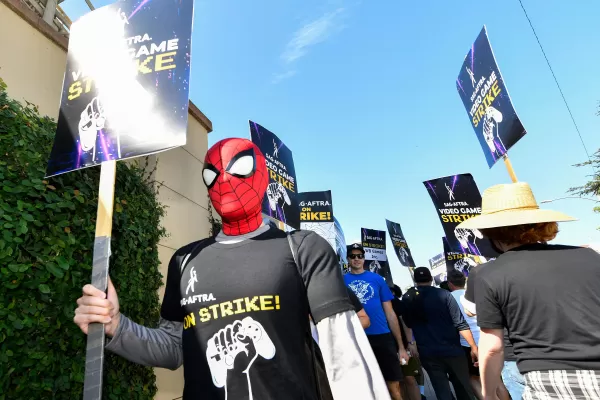
This development means voice performers can resume work while minimizing disruptions for players. During the strike, titles like Destiny 2 and World of Warcraft featured unvoiced NPCs in scenes that typically included dialogue. The conflict escalated late last year when Riot Games allegedly attempted to circumvent strike actions regarding League of Legends, prompting SAG-AFTRA intervention. Other notable impacts included Call of Duty: Black Ops 6 recasting voice roles and Epic Games facing NLRB complaints after introducing an AI-generated Darth Vader in Fortnite.
The controversy surrounding AI usage gained particular attention following an incident involving Horizon voice actress Ashly Burch. A since-deleted video showed Sony developers interacting with an AI-generated version of Burch's character Aloy, featuring robotic speech and unnatural facial animations that clearly differed from the original performance.
"Permission, fair compensation, and transparency about AI usage are non-negotiable," Burch previously stated. "This fight wasn't just about protecting current performers, but ensuring future generations can continue bringing characters to life through authentic performances."
Forsaken Characters Ranked: Tier List Update 2025
State of Play Reveals Exciting Updates: PlayStation February 2025 Showcase
How to Use Cheats in Balatro (Debug Menu Guide)
Infinity Nikki – All Working Redeem Codes January 2025
Roblox: Obtain Secret Codes for January 2025 (Updated)
Pokémon GO Raids in January 2025
Wuthering Waves: Redeem Codes for January 2025 Released!
LEGO Ninjago Sets Top the Charts (2025)
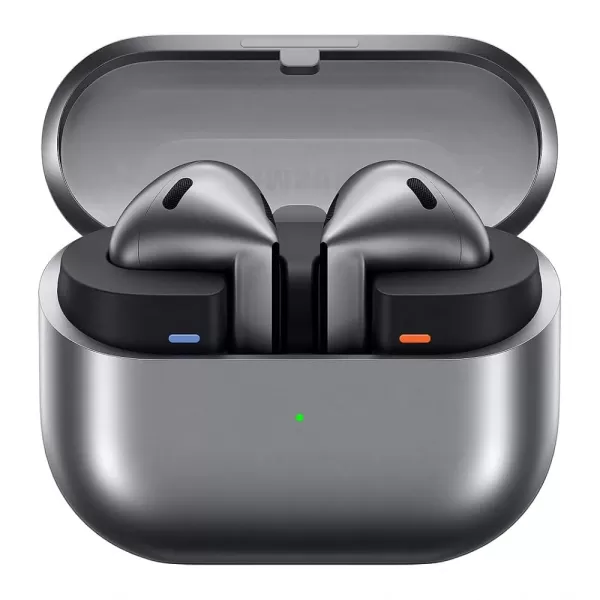
Samsung Galaxy Buds 3 58% Off in Labor Day Sale
Feb 11,2026
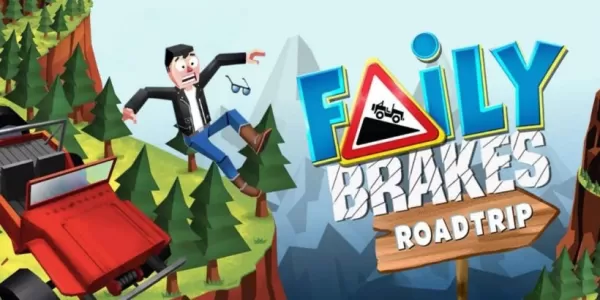
Break Worlds in Upcoming iOS Game 'Faily Brakes Roadtrip'
Feb 11,2026
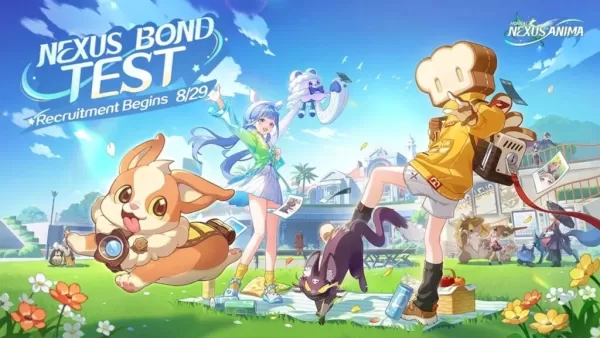
HoYoverse Launches Honkai: Nexus Anima CBT Sign-Up
Feb 11,2026
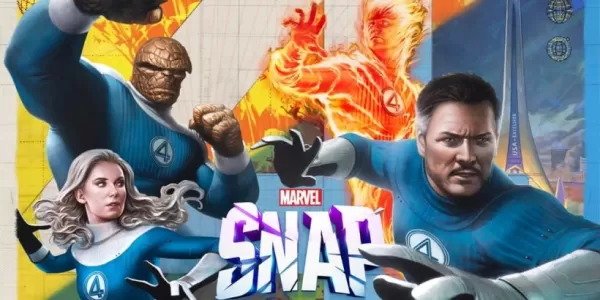
Marvel Snap Launches New Fantastic Four Season
Feb 10,2026
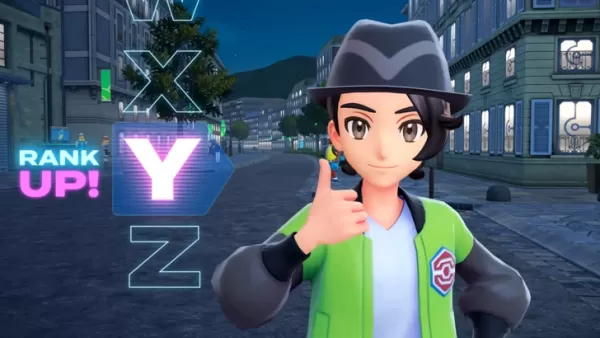
Pokemon Legends: Z-A Hit With User Review Bombs
Feb 09,2026